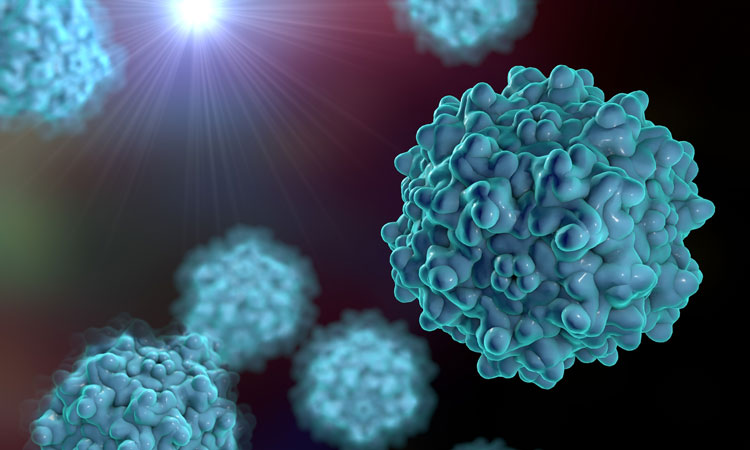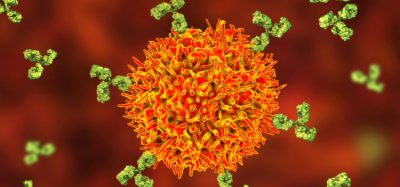FDA releases guidance on gene therapy manufacturing
In an effort to support innovation in the development of gene therapy products, the FDA has released guidance to provide regulatory clarity for product developers.
The US Food and Drug Administration (FDA) has released six final guidances on gene therapy manufacturing and clinical development of products and a draft guidance: Interpreting Sameness of Gene Therapy Products Under the Orphan Drug Regulations.
“The growth of innovative research and product development in the field of gene therapy is exciting to us as physicians, scientists and regulators,” said FDA Commissioner Stephen M Hahn, MD. “We understand and appreciate the tremendous impact that gene therapies can have on patients by potentially reversing the debilitating trajectory of diseases. These therapies, once only conceptual, are rapidly becoming a therapeutic reality for an increasing number of patients with a wide range of diseases, including rare genetic disorders and autoimmune diseases.”
The six final guidances issued provide the agency’s recommendations for product developers on manufacturing issues and recommendations for those focusing on gene therapy products to address specific disease areas, it said. The agency has said it is issuing these documents to help advance the field of gene therapy while providing recommendations to help ensure that these innovative products meet the FDA’s standards for safety and effectiveness.
“As the regulators of these novel therapies, we know that the framework we construct for product development and review will set the stage for continued advancement of this cutting-edge field and further enable innovators to safely develop effective therapies for many diseases with unmet medical needs,” said Peter Marks, MD, PhD, director of the FDA’s Center for Biologics Evaluation and Research. “Scientific development in this area is fast-paced, complex and poses many unique questions during a product review; including how these products work, how to administer them safely and whether they will continue to achieve a therapeutic effect in the body without causing adverse side effects over a long period of time.”
The FDA pointed out that the scientific review of gene therapies includes the need to evaluate complex information on product manufacturing and quality. In addition, the clinical review of these products frequently poses challenging questions to regulators. Therefore, the FDA said, for some gene therapy products, although they have met the FDA’s standards for approval, it may need to accept some level of uncertainty around questions of the duration of the response at the time of marketing authorisation.
The documents are representative of efforts to help advance product development in the field of gene therapy, the agency said, and it has pledged to continue to help make the development and review of these products more efficient, while putting in place the regulatory controls needed to ensure that the resulting therapies are both safe and effective.
The FDA also said it encourages developers of new gene therapy products to make full use of its expedited programs available for products intended to address unmet medical needs in the treatment of serious or life-threatening conditions. It said it believes its work will help advance innovations in a way that assures their safety and effectiveness, provides new therapeutic choices to patients and providers and continues to build confidence in this novel and emerging area of medicine.










